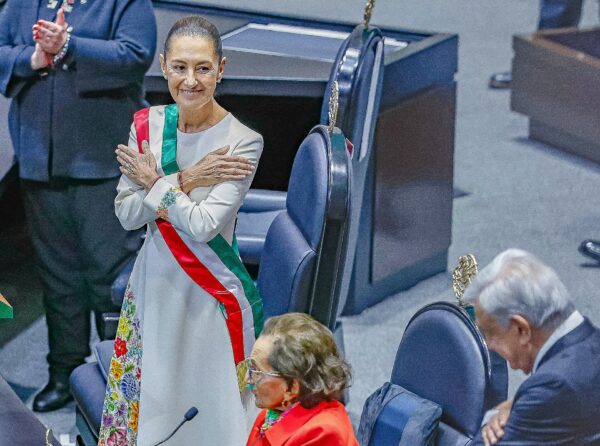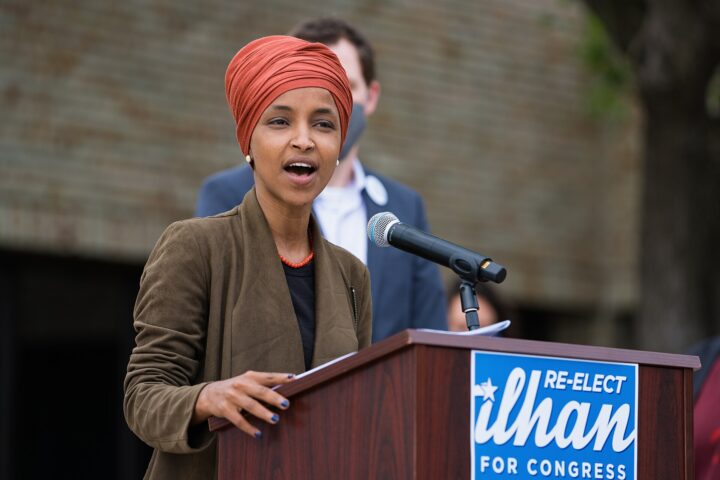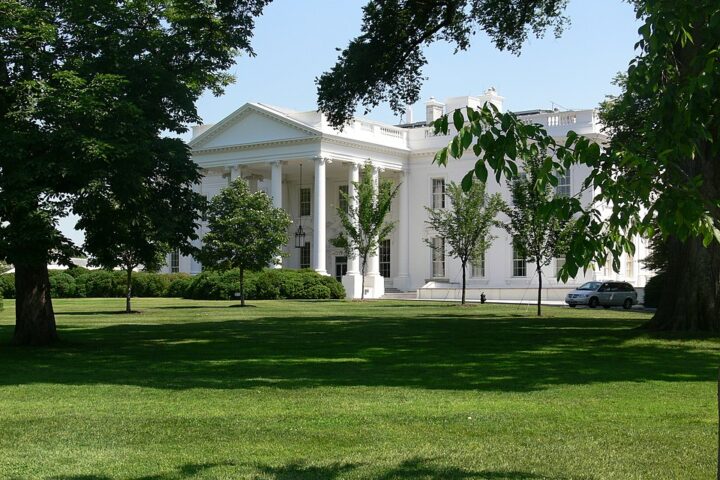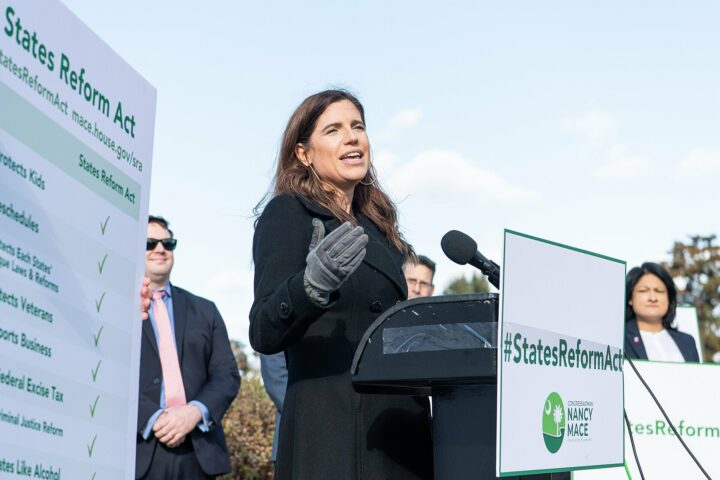In a sweeping show of cross-border law enforcement cooperation, more than two dozen fugitives from Mexico — accused of some of the most violent and destructive crimes tied to the nation’s most notorious drug cartels — were reportedly extradited to the United States on Tuesday.
The 26 men, linked to criminal organizations the Trump administration has formally designated as foreign terrorist groups, face a battery of federal charges, including drug trafficking, murder, kidnapping, human smuggling, money laundering, and firearms violations.
Almost all could spend the rest of their lives in American prisons if convicted.
“Today is the latest example of the Trump administration’s historic efforts to dismantle cartels and foreign terrorist organizations,” Attorney General Pam Bondi said.
“These 26 men have all played a role in bringing violence and drugs to American shores — under this Department of Justice, they will face severe consequences for their crimes against this country. We are grateful to Mexico’s National Security team for their collaboration in this matter.”
According to the Justice Department, the group is collectively responsible for smuggling massive quantities of cocaine, methamphetamine, fentanyl, and heroin into the United States — narcotics that have fueled addiction and violence in communities across the country.
U.S. Ambassador to Mexico Ronald Johnson praised the joint operation, saying it was proof of what “is possible when two governments stand united against violence and impunity.”
He added, “These fugitives will now face justice in U.S. courts, and the citizens of both of our nations will be safer from these common enemies.”
Several defendants are alleged members of the Sinaloa Cartel, Cártel de Jalisco Nueva Generación (CJNG), and Cártel del Noreste — groups Washington has labeled terrorist organizations due to their role in transnational violence.
Among the most high-profile extraditions is Robert Salazar, sought in connection with the 2008 killing of Los Angeles County Sheriff’s Deputy Juan Escalante, who was ambushed and shot outside his home by gang members before heading to work.
Another, Abdul Karim Conteh, a Sierra Leone national, is accused of running a global human smuggling network that funneled migrants from Iran, Afghanistan, Uzbekistan, Pakistan, Kazakhstan, Turkey, Somalia, Cameroon, Senegal, Mauritania, Ethiopia, and Egypt into the United States.
Luis Raul Castro Valenzuela, identified as a member of the Sinaloa Cartel, faces charges of kidnapping and holding hostage an American citizen.
The extraditions come as reports surface that President Trump has quietly authorized the use of U.S. military force against foreign drug cartels — a move consistent with his administration’s framing of cartels as national security threats.
While the White House has not confirmed operational details, such a step would mark an escalation in the decades-long fight against transnational organized crime.
Mexico’s President Claudia Sheinbaum acknowledged close cooperation with the U.S. but rejected any possibility of American troops operating on Mexican soil. “We cooperate, we collaborate, but there is not going to be an invasion,” she said. “That is ruled out, absolutely ruled out… When it has been brought up, we have always said no.”
For the Trump administration, Tuesday’s extraditions underscore its strategy of pairing international partnerships with an unyielding stance toward organizations it views as both criminal syndicates and terrorist threats.
[READ MORE: Trump Takes On Finance’s Heaviest Hitters]








